Keep the Tail Wagging is supported by pet parents. I occasionally earn a commission (at no additional cost to you) when you click through an affiliate link to one of my favorite products. Thank you for your support. Read More
New opportunities are developing as the raw feeding community expands and becomes more mainstream. You can become certified as a pet health coach, meal formulator, or a certified canine nutritionist. Because of the newness of these positions, there are questions:
- Are these individuals qualified to consult on dog nutrition and health?
- Does a canine nutritionist need to attend a veterinary school or hold a veterinarian or vet tech license?
- Is there recourse if the advice given by a nutritionist harms a dog?
- Is there a licensing organization to which nutritionists are held?
Before you hire a canine nutritionist, take the time to learn more about their education, what services they offer, and what questions you should ask.
What is a Professional Canine Nutritionist?
A professional canine nutritionist is an expert in the field of nutrition, specifically focused on dogs. They have specialized knowledge and training in understanding and assessing a dog's dietary needs, formulating balanced and tailored nutrition plans, and addressing specific nutritional concerns or health conditions.
The services provided by a professional canine nutritionist may include several services while considering factors such as age, breed, activity level, weight, and overall health, including:
- dietary assessments
- customized nutrition plans
- nutritional counseling
- weight management
- allergy management
- health condition support
- performance nutrition
A certified canine nutritionist can make feeding our dogs easier by taking away the stress of formulation and sourcing, tailoring a diet based on a dog's individual needs.
While professional canine nutritionists can provide valuable guidance, I believe they should work in collaboration with a veterinarian. They operate within the framework of a team approach to ensure the overall health and well-being of the dog, considering both nutritional and medical factors because nutrition and health are entwined.
Professional Pet Certifications
I saw a compelling discussion by Nikki Giovanelli of The Canine Health Nut, where she broke down the following certifications that may offer nutrition consultations. Nikki is a Registered Veterinary Technician (RVT) with an impressive educational background that allows her to help dog owners formulate healthy diets that address health issues.
- RVT (Registered Veterinary Technician): RVTs are professionals who have completed an accredited veterinary technology program and passed a national or state board exam to become registered or licensed in their field. While RVTs primarily work in veterinary settings, they may also provide nutritional guidance for animals under the supervision of a veterinarian.
- CVT (Certified Veterinary Technician): CVTs are similar to RVTs but may hold certification through professional organizations rather than being registered or licensed through a state board. CVTs also work in veterinary settings, assisting with animal care and providing nutritional support.
- LVT (Licensed Veterinary Technician): LVTs are veterinary technicians who have obtained a state license to practice veterinary technology. They work in veterinary clinics, hospitals, research facilities, and other animal care settings, where they may offer nutritional advice and support as part of their duties.
- VTS (Veterinary Technician Specialist): VTS is a certification earned by veterinary technicians who have completed advanced training and passed an exam in a specialized area of veterinary medicine, such as nutrition, dentistry, anesthesia, or emergency care. VTS in nutrition focuses specifically on providing expert guidance on animal nutrition.
- DACVIM (Diplomate of the American College of Veterinary Internal Medicine): DACVIM is a board-certified veterinary specialist who has completed advanced training in internal medicine for animals. While not a specific nutrition certification, DACVIMs have a deep understanding of how nutrition impacts animal health and may provide advanced nutritional consultations for pets with complex medical conditions.
- CPCN (Certified Professional Canine Nutritionist): CPCN is a certification for dog owners and pet professionals who want to learn more about dogs' nutritional requirements. This certification provides dog owners with the knowledge needed to feed their dogs a healthier diet. For pet professionals, a CPCN adds more credibility to their business, helps them better support their customers, and provides another tool that better supports their business.
These certifications demonstrate varying levels of expertise and specialization in animal nutrition and healthcare. Individuals with these certifications play important roles in promoting the health and well-being of animals through proper nutrition and dietary guidance.
Do Canine Nutritionists Need to be Veterinarians?
I've seen social media posts that say you must be a licensed veterinarian to be a canine nutritionist, but that's not true. While veterinarians learn about animal nutrition during their training (how much isn't clear), some people specialize in canine nutrition and get additional education in the field.
Finding a licensed veterinarian who supports raw feeding can also be challenging.
Certified Canine Nutritionists (CCNs) and Certified Pet Nutritionists (CPNs) are professionals who have received specialized certification or training in animal nutrition, specifically for dogs. They don't usually go to veterinarian school. These certifications require knowledge of animal science, biochemistry, or nutrition and allow professionals to provide expert advice on creating balanced diets for dogs.
However, the regulations and licensing requirements for practicing as a canine nutritionist may differ depending on where you live. In some places, only licensed veterinarians can use the term “nutritionist,” and someone without a license could be practicing medicine illegally.
In any case, it's a good idea to consult both a veterinarian and a qualified canine nutritionist when you need guidance on your dog's nutrition. The vet can assess your dog's overall health and diagnose any underlying medical conditions, while the nutritionist can provide specialized advice on what to feed your dog.
Questions to Ask a Canine Nutritionist
Not every professional nutritionist will be a good fit for every dog owner for various reasons, including personality, accessibility, or experience level. Before I pay for a consultation, I will want to know the following:
- What are your qualifications? Where did you get your certification? How long have you been practicing? Do you have a business license/insurance?
- Do you work with a licensed veterinarian who can weigh in on any health issues that may be impacted by diet?
- What software and other tools do you use to formulate diets for dogs?
- Can you provide a meal plan that considers the availability of proteins in my area, my budget, and my dog's diet restrictions?
- If a meal plan isn't a good fit, how many adjustments will you make before I have to pay a new fee?
- How many follow-up questions can I ask after the consultation, and over what period (a week, a month)?
- Do you have a recourse if my dog becomes ill from the recipe? Will I have to pay for a new consultation?
- Where can I find current reviews from clients?
Canine Veterinarian Nutritionists
The following licensed veterinarians offer canine nutrition consultations.
- Dr. Laurie Coger – Healthy Dog Workshop
- Dr. Erika Halle, DVM, CVA, CVSMT, CVTP, CVFT
- Bronwyn Farley, Dolce's Legacy
- Nikki Giovanelli, RVT- The Canine Health Nut
Certified Canine Nutritionists/Meal Formulators
The following canine nutritionists are not veterinarians; they have earned certification through reputable organizations.
- Lindsay Hadfield – Clovis & Company (certificate of Companion Animal Nutrition from the University of Illinois)
- Erica Hartt – The Whole Woof (certified through the Companion Animal Sciences Institute)
- Jennifer Michalak – Jennuine Pet Services (certification through the Feed Real Institute)
Dog Food Nutrition Course for Pet Parents
If you want to continue educating yourself about your dog's diet and nutrition, I highly recommend The Feed Real Movement's Dog Food Nutrition course. After feeding raw for nearly ten years, I took this course and was blown away by what I learned. A registered veterinarian technician created this thorough course, which is easy to follow, informative, and affordable.
Holistic Pet Health Coaching Course
If you're interested in expanding your knowledge beyond canine nutrition, you may want to consider the Holistic Pet Health Coaching course offered by Dr. Ruth Roberts. This program provides comprehensive training in pet health and wellness, plus it's particularly suitable for pet business owners who wish to offer more in-depth services to pet parents.
Real Dog Box Wellness Membership
Real Dog Box, the parent company of Feed Real, offers a Wellness Membership that includes a monthly consultation with a certified canine nutritionist.
Practicing Medicine without a License
Some people believe that this new crop of professional canine nutritionists are practicing medicine without a license; however, this is unclear as this is a new profession. I've been told once we make a recommendation to treat an ailment, we're treading in the “practicing medicine” area. This is why my content primarily focuses on my dogs and not on advising others. Although serious legal ramifications exist in some states, including fines, dogs are considered property, and it's unclear what the penalties are from state to state.
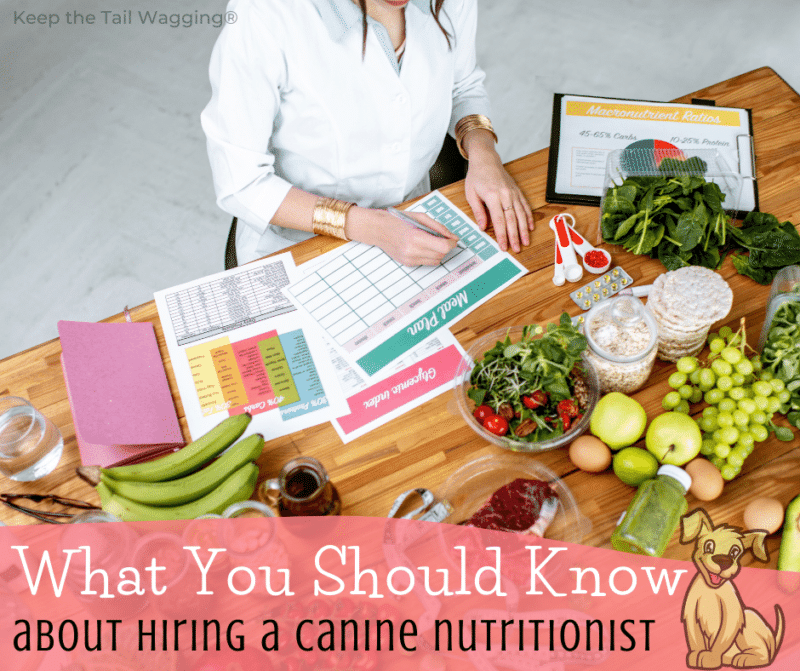

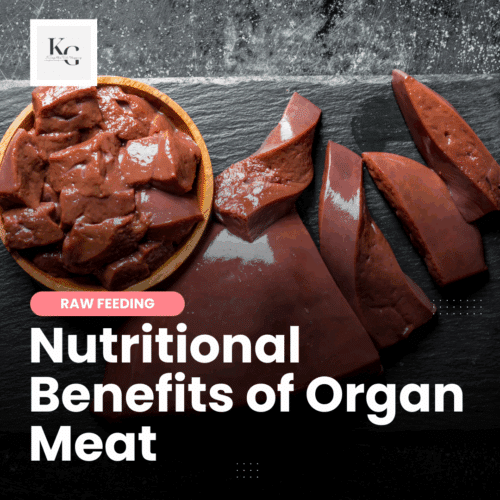


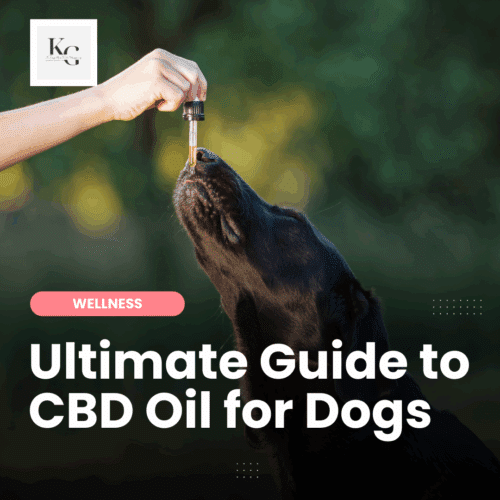
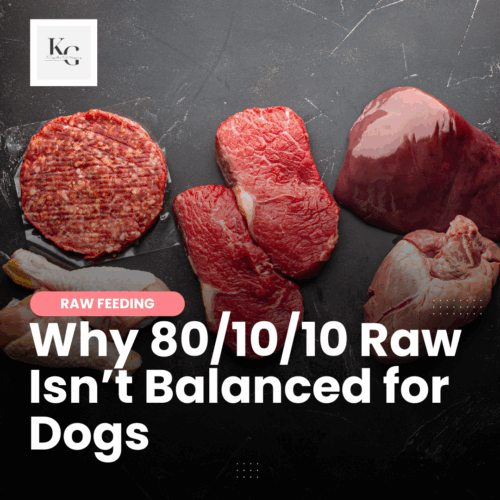





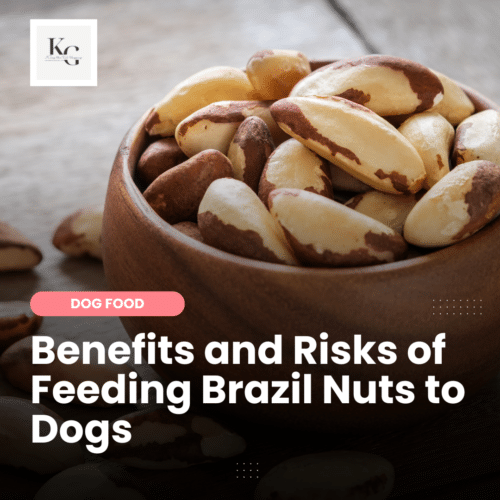




So many people talk a good game on social media. The only reason I began questioning some of these experts is because I began hearing stories like yours (and worse), which made me wonder if these nutritionists were legit business people/consultants or just dog lovers who passed an online course.
I’ve consulted with 2 canine nutritionists and both failed my dog and were a complete waste of $$ in my eyes. Absolutely love this POV that you really need to interview them before paying for a consult to make sure they are right for you. Wish I knew that before I paid for each consult but now I know and I won’t be referring out to them based on my poor experience.